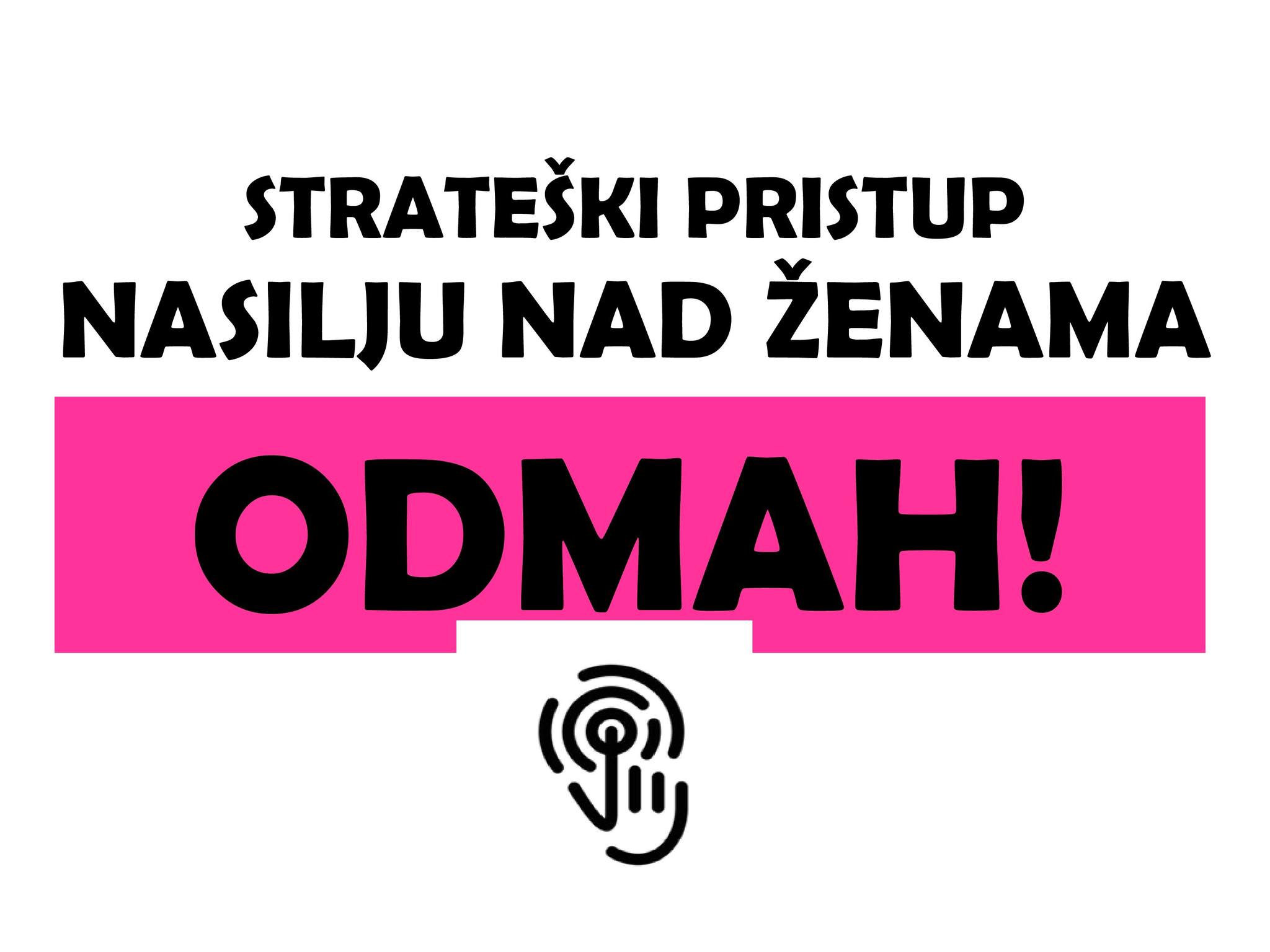
On Monday, October 30, 2023, in Zagreb, assoc. prof. Valerija Barada gave a presentation entitled "Analysis of the application of the principle of gender equality in local policies" at the final conference of the project "Advocating for gender equality at the local level" led by the Women's Network of Croatia (the project was financed by Active Citizens Fund). This analysis was based on three key areas of the The EU Gender Equality Strategy: freedom from violence, a gender-equal economy and the equality of women in leading positions in all areas of society. The analysis was aimed at investigating the needs of particularly marginalized and vulnerable groups of women: Roma women, lesbians, women with disabilities, women who have experienced violence, members of national minorities, women in rural areas, elderly women, young women and girls.
More about the conference
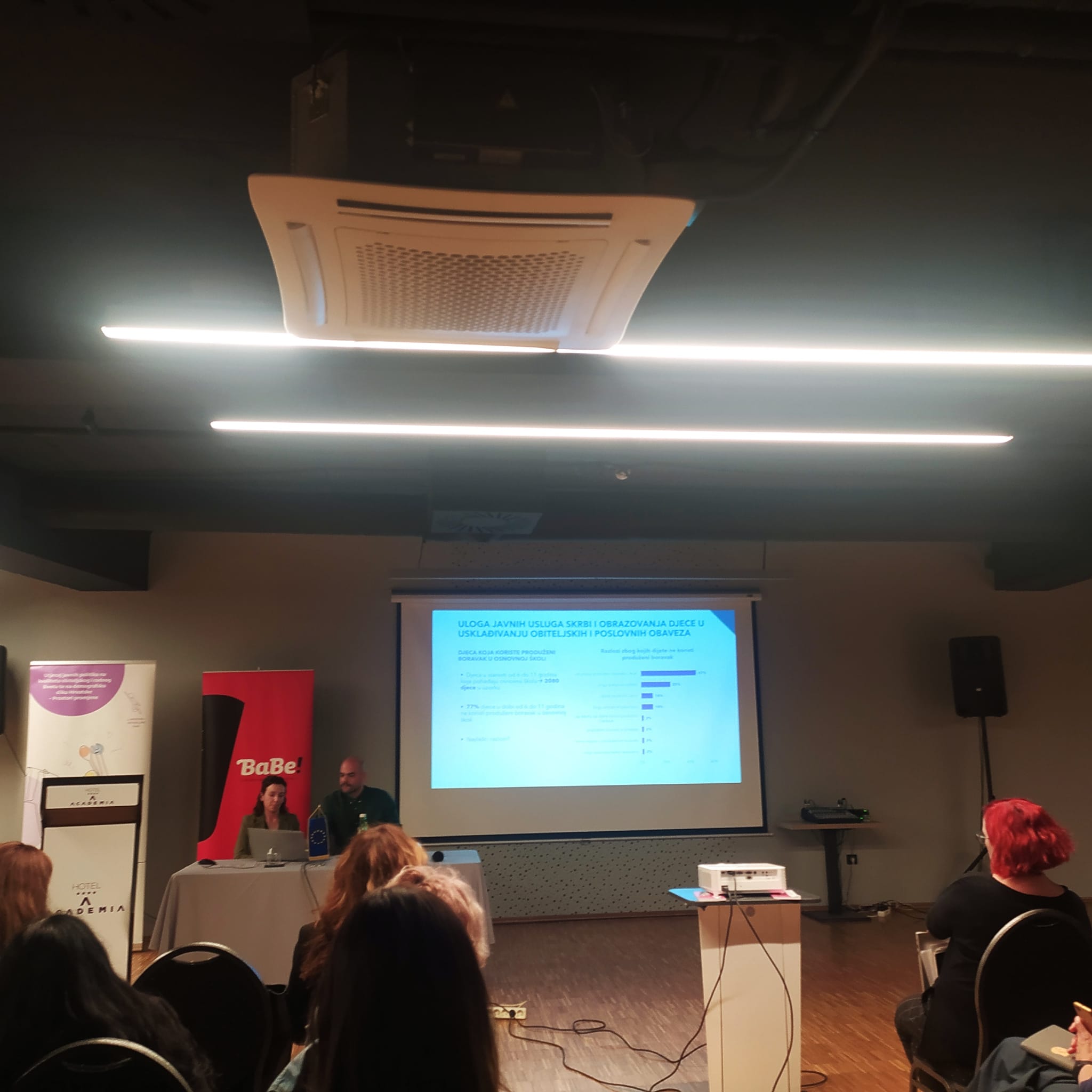
On Monday, October 23, 2023 in Zagreb, the research team from the Department of Sociology, led by Associate Professor Valerija Barada, held 4 presentations at the final conference of the project "The impact of public policies on the quality of family and work life and on the demographic picture of Croatia - areas of change” (the project was financed by European Social Fund).
Presentations were given by: 1. Valerija Barada and Ivan Puzek "Housework and cognitive-emotional household management"; 2. Blanka Čop, Marija Šarić and Željka Zdravković "Men and women in Croatia: tensions between work and family roles"; 3. Sara Čović and Pavao Parunov "The role of public child care and education services in balancing family and business obligations"; 4. Željka Zdravković: "Living conditions of young people in Croatia: work, housing and family".
More about the conference
CARME conference
Assoc. Prof. Željka Tonković held a presentation "Unravelling structural properties of cultural production and consumption: a multiple correspondence approach“ at the international conference CARME – Correspondence analysis and related methods (University of Bonn, Germany, 26-30 September 2023). The conference program and book of abstracts are available here.
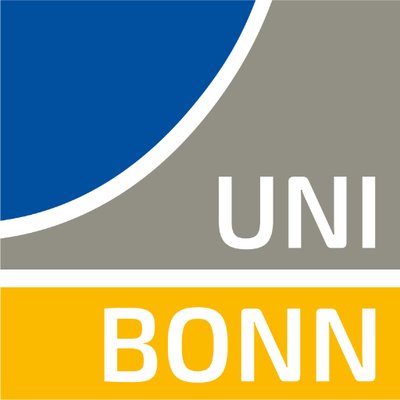
Effort and Social Inequalities
Assoc. Prof. Željka Tonković held a presentation " Blame it on the system? Class inequalities and values in Croatian society“ at the international conference Effort and Social Inequality. The conference was organized by European Consortium for Sociological Research (Madrid, 14-16 June 2023). The conference program is available here.
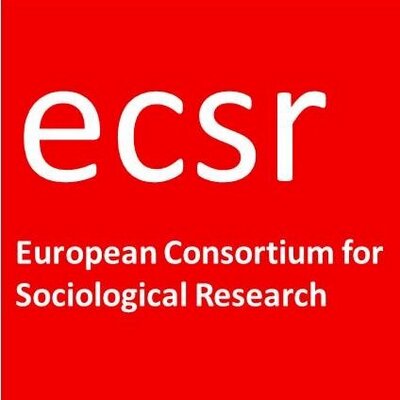
Participation at the 41st International Labour Process Conference
Željka Zdravković, Ph.D.. Blanka Čop, mag. soc. and Marija Šarić, Ph.D. participated at the International Labour Process Conference: “ Fair and decent work in a Global Economy?” with a presentation of a paper titled “ The influence of working conditions and household organization on work-family conflict among working parents in Croatia“. The paper was based on the results of the quantitative research collected within the scope of the project “Impact of public policies on the quality of family and working life and the demographics of Croatia - Spaces of Change”, funded by the European Social Fund.
The conference was organized for the 41st time in the period from 12-14 April 2023 in Glasgow, UK, and online.
More on International Labour Process Conference
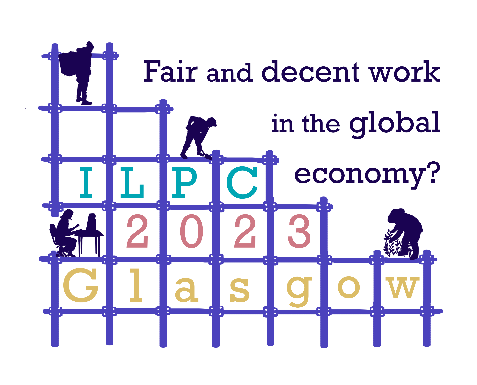
Conference paper presentation
Marija Šarić, Ph.D., Valerija Barada, Ph.D. and Blanka Čop, mag. soc. participated at the international scientific conference World Conference on Qualitative Research from 25th to 27th January 2023. They presented a co-authored paper titled “Double jeopardy: Researching femininities and masculinities within the family by doing narrative interviews”. Book of abstracts can be found on the following link
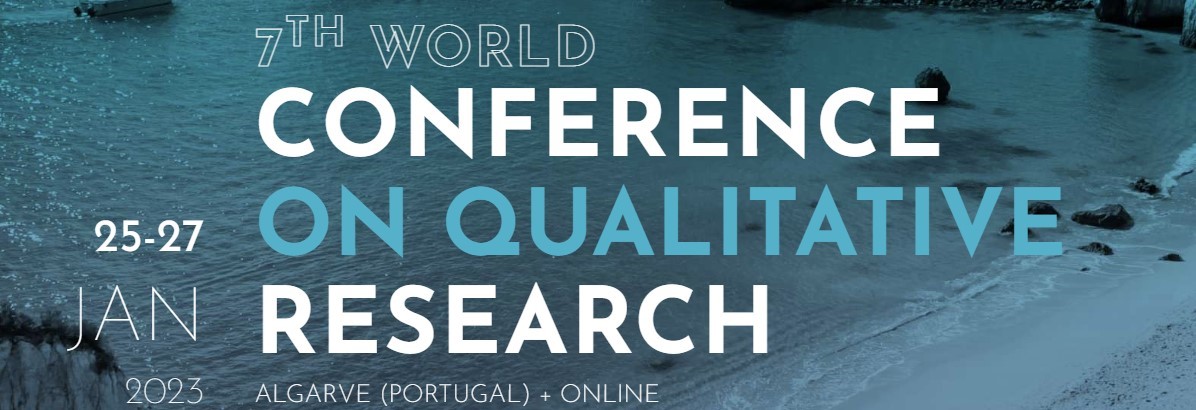
Published book
Assoc. Prof. Željka Tonković and Assoc. Prof. Krešimir Krolo (both from Department of Sociology, University of Zadar) in coautorship with Ana Žuvela, PhD (Institute for Development and International Relations, Zagreb), published a book “Culture (without) community: towards the socio-cultural center in Zadar”. The book presents the results of quantitative and qualitative research conducted as part of the project "ZadrugArt - a platform for cooperation and development of independent culture of the city of Zadar", which was submitted in 2018 to the public call "Culture in the center - support for the development of public-civilian partnership in culture" of the Ministry of Culture of the Republic of Croatia, and was conducted over a two-year period from November 2018 to October 2020. The book was published by the University of Zadar and Kurziv - Platform for issues of culture, media and society.
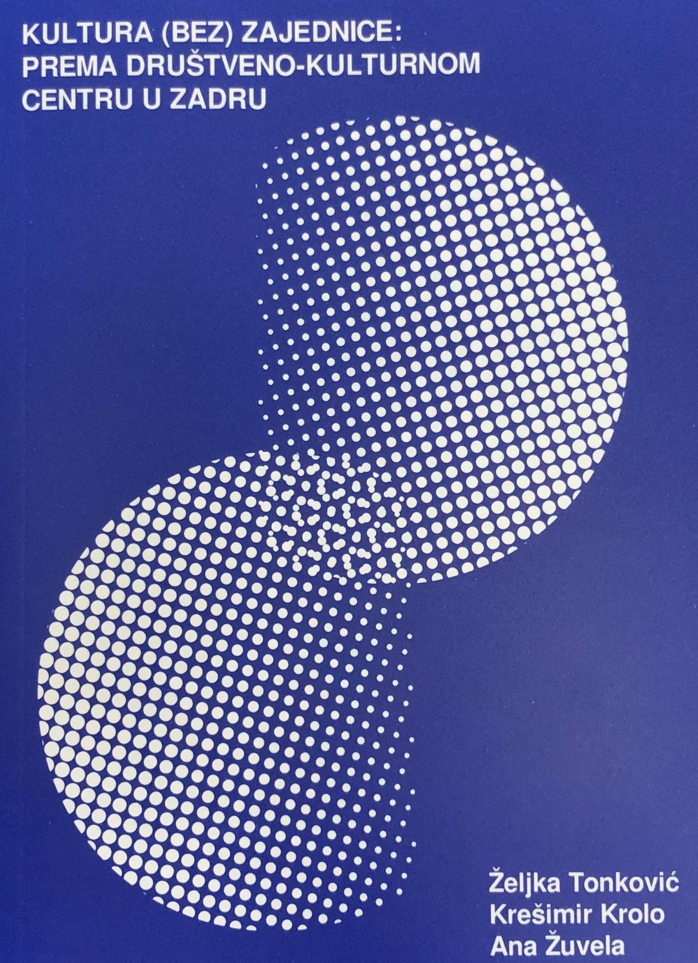
Published article in Journal of Croatian Ethnological Society
Assoc. prof. Željka Tonković in coautorship with Ema Bašić, mag. soc. (Institute of Social Sciences Ivo Pilar, Regional Center Gospić) published a scientific paper entitled "It's actually a job you are married to". Work Experiences of Tattoo Artists in Croatia in the new issue of Etnološka tribina (Journal of Croatian Ethnological Society). The paper presents the results of qualitative research in which participated tattoo artists from Croatia. The results show that for tattoo artists, tattooing is more than just a job – rather, it is integral to their lifestyle. Tattoo artists give particular importance to social support from their family and friends and tobelonging in both tattoo-specific and broader alternative scenes. The full article, written in English, is available here.
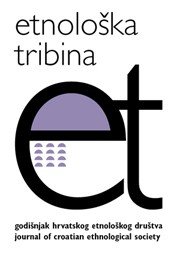
Guest lecturers at the University of Graz
Assoc. Prof. Željka Tonković and Assoc. Prof. Ph.D. Krešimir Krolo were staying at the University of Graz from November 7 to 11 2022. They were participating as a guest lecturers within the CEEPUS network Sociology for Societies – Understanding socio-cultural changes in contemporary societies. Beside giving lectures, they took part in a workshop where they presented the Department's activities and their current research interests.
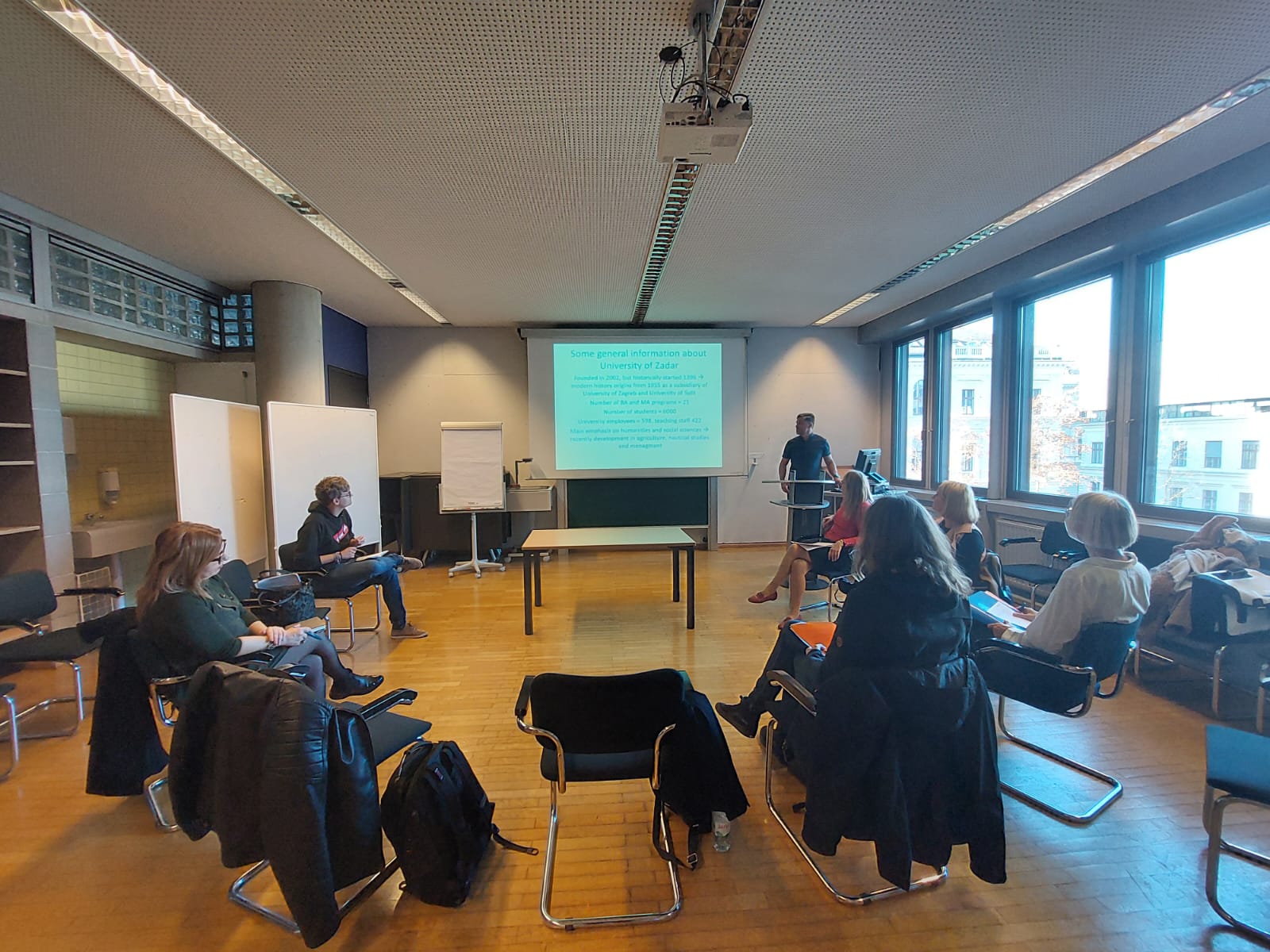
Ways of shaping the discourse
Assoc. Prof. Željka Tonković, in coautorship with Tajana Jaklenec, B.Sc. Ing. (Faculty of Architecture, University of Zagreb), held a presentation "Ways of shaping the discourse: a socio-semantic analysis of the Arhitektura magazine (1931-1934)" at the international conference Digital Art History - Methods, Practices, Epistemologies, IV International Conference (Zagreb, 3-4 October 2022). The conference was organized by the Institute of Art History in Zagreb, University Computing Center SRCE, Academy of Fine Arts and Design in Ljubljana, DARIAH-HR and the National and University Library in Zagreb.The conference program and book of abstracts are available here.
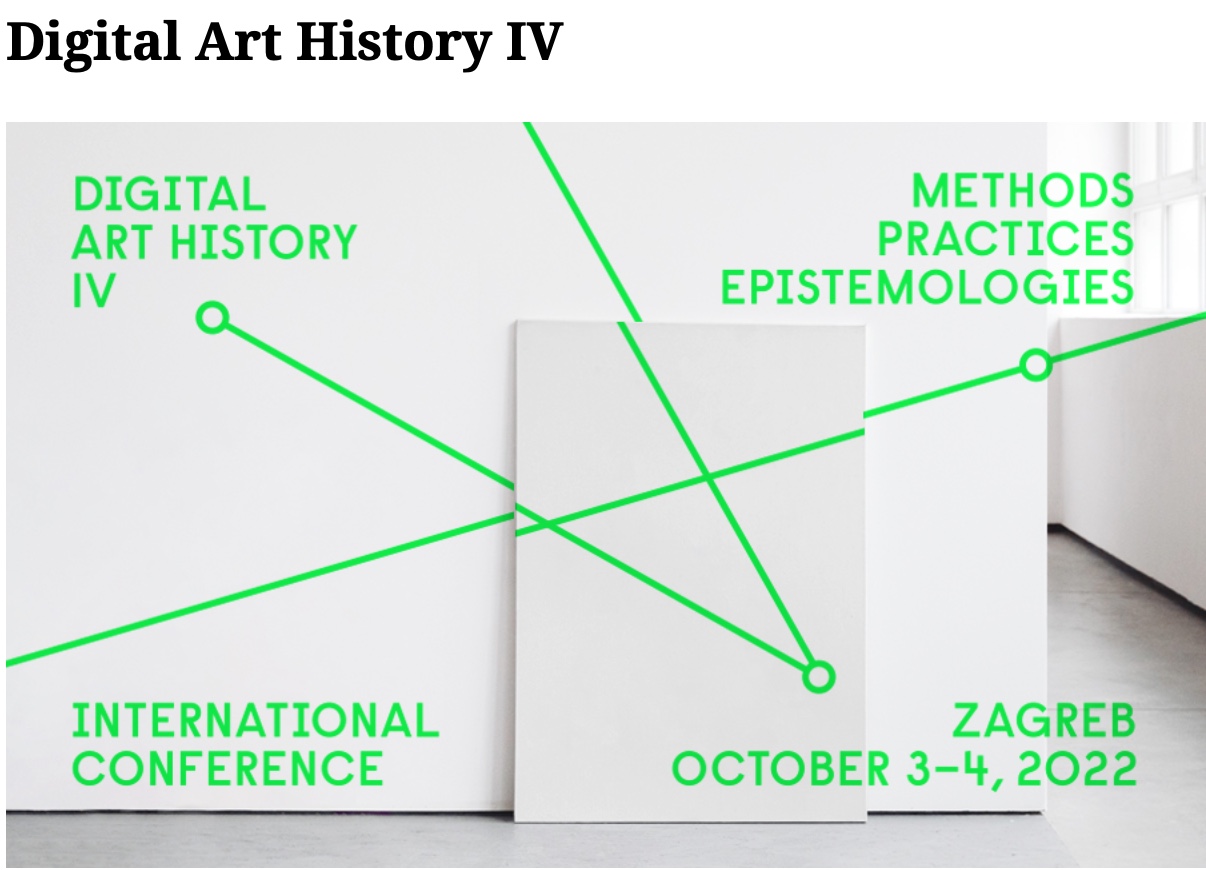
Invited lecture in summer school
Assoc. Prof. Željka Tonković gave an invited lecture entitled "Practices of civic-public partnerships in Southeast Europe" at the international summer school "Liquid Frameworks, Solid Institutions - Building Participation from the bottom up", which was held in Ohrid (Northern Macedonia), 19-23 September 2022. The summer school was organized by the Cooperative - Regional Platform for Culture. The theme of this summer school was innovative and participatory models of decision-making and management, democratization of public infrastructure in culture and advocacy for community-oriented cultural policies. More information available here.
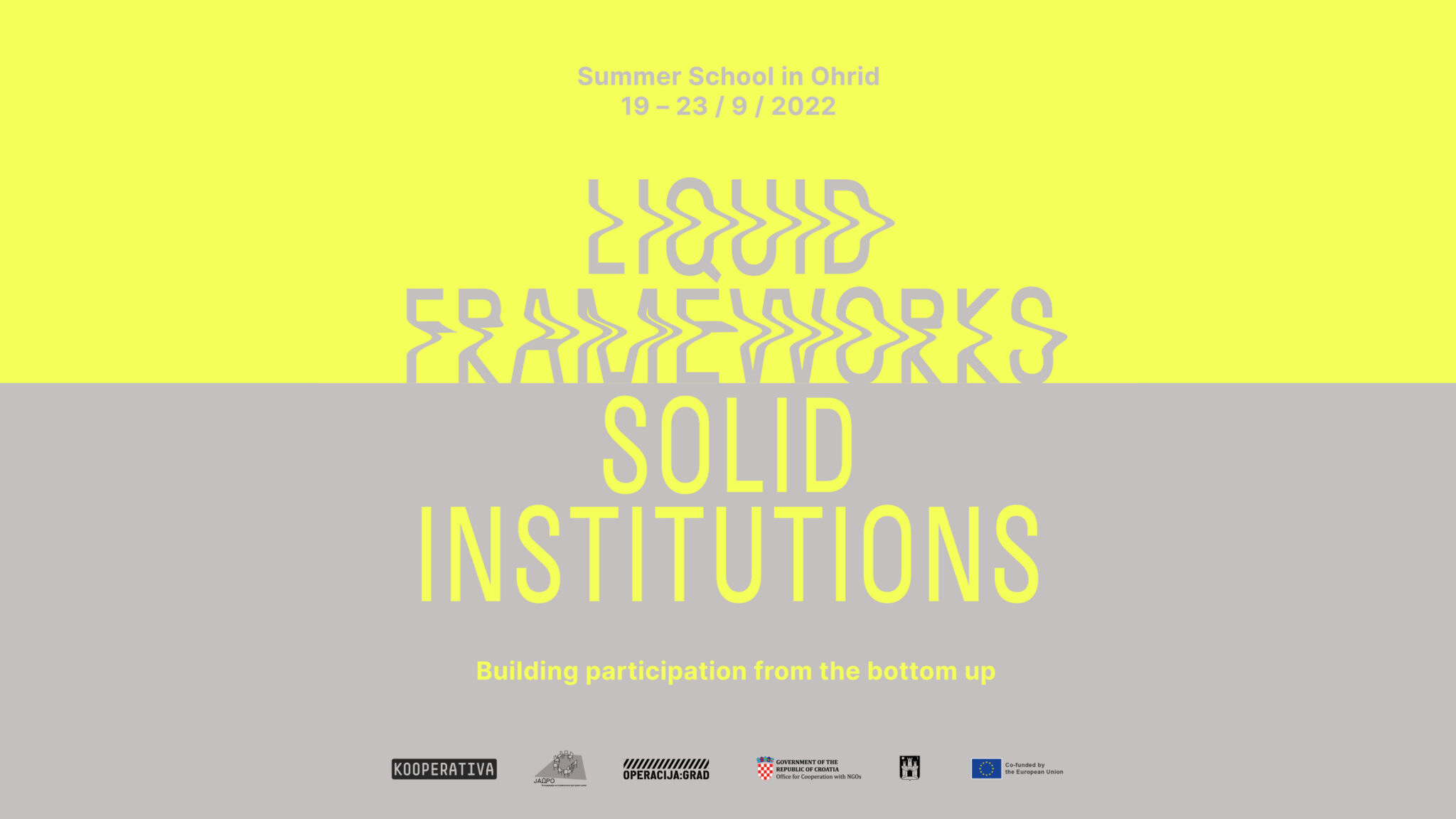
ESA Sociology of Culture Conference
Assoc. Prof. Krešimir Krolo and Assoc. Prof. Željka Tonković participated in the 9th conference of the research network for the Sociology of Culture of the European Sociological Association (ESA), entitled Culture(s) on the Margins, held at the University of Portsmouth (United Kingdom) in the period from August 30 to 2 September 2022. They presented three papers: "Expressions of cultural distinction: omnivorousness, cosmopolitanism and class inequality" (in coautorship with Karin Doolan from the Department of Sociology, University of Zadar and Jaka Primorac from the Institute for Development and International Relations, Zagreb), "What you study is what you surf?” - digital inequalities within high school students and "Television Preferences as Markers of Class Divisions in Croatia" (in coautorship with Dina Vozab from the Faculty of Political Science, Zagreb. The conference program is available here.

Published paper in Cultural Trends
Assoc. Prof. Željka Tonković, in coautorship with Sven Marcelić and Krešimir Krolo from the Department of Sociology published the article "Between engagement and disengagement in contemporary global culture. Types of cultural consumers among youth in Adriatic Croatia" in the scientific journal Cultural Trends (Taylor & Francis, Web of Science, Q1). Using data from a large survey (N = 2736) of high school students in six major cities of Adriatic Croatia, this paper examines the relationship between cultural consumption, values and parental cultural capital. Using multiple correspondence analysis (MCA) and cluster analysis, five specific clusters of cultural consumers were identified. The article is available here.

Published paper in Croatian Sociological Review
In the new issue of the Revija za sociology (Croatian Sociological Review), the paper "Loneliness and Social Networks in Europe: ISSP Data from 13 European Countries" was published, which was jointly written by Željka Tonković, Dražen Cepić and Ivan Puzek from the Department of Sociology. The paper analyses social causes of loneliness in Europe using cross-national data from the 2017 International Social Survey Programme (ISSP) module “Social Networks and Social Resources” from 13 countries categorised as Northern Europe, Continental Europe, and Central and Eastern Europe. The paper aims to examine loneliness with regard to three specific groups of predictors, related to network, sociocultural and sociostructural aspects. The full article, written in English, is available here.
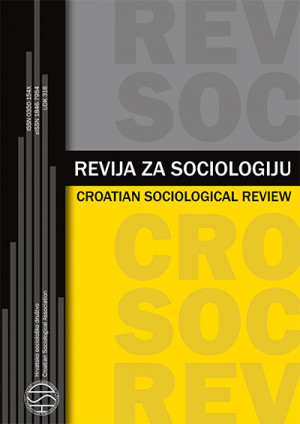
CEEPUS – Teaching mobility
Assistant Pavao Parunov completed a teaching mobility stay at Department of Sociology at Faculty of Social Studies (Masaryk University, Brno) from December 5th to 11th. At the department and under supervision of the lecturer Radim Marada, Ph.D., Pavao participated in courses Current Themes in Sociology and Contemporary Cultural Sociology, taught at the MA programme of the department. Teaching mobility was organized as a part of activities in the CEEPUS network “Sociology for Societies – Understanding socio-cultural changes in contemporary society”.
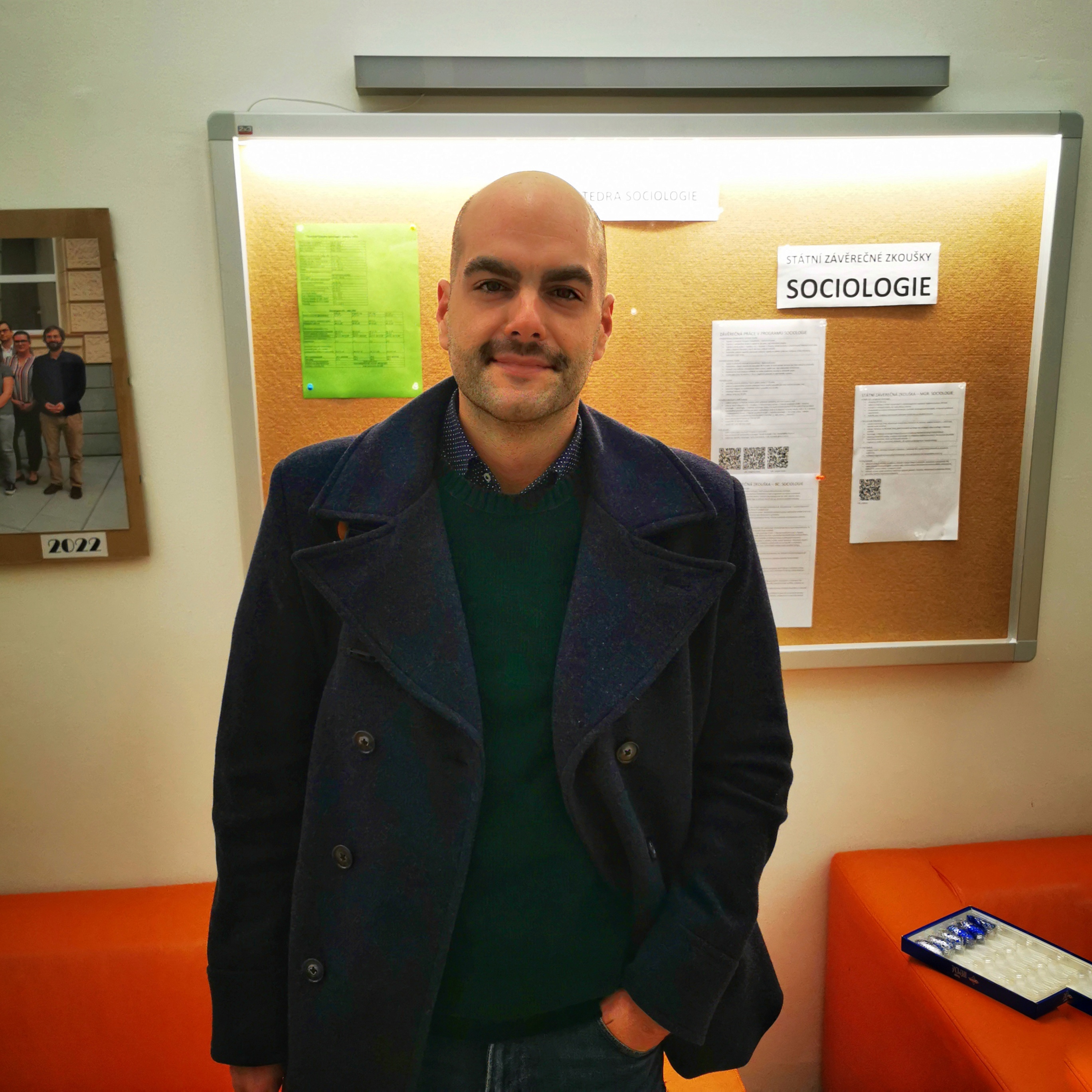
5th ISA Council of National Associations Conference - participation
Prof Valerija Barada has participated in the 5th ISA Council of National Associations Conference "Social Transformations and Sociology: Dispossessions and Empowerment" in the organization of the International Sociological Association that was held at School of Advanced Social Studies in Nova Gorica, Slovenija from 21 to 24 November 2022. More information on the following link
Conference paper presentation
Marija Šarić, Ph.D. and Saša Božić, Ph.D. participated at the international scientific conference Migration on the Edge of Europe: Trends, Policies, and Challenges, organized by the Institute for Migration and Ethnic Studies on 29th and 30th September 2022. They presented a co-authored paper titled “Two lives, one home: international circular labour migration of women from Slavonija”.
Saša also presented a paper titled “Present and future of international retirement migration research” co-authored with Simona Kuti, Ph.D., from the Institute for Migration and Ethnic Studies.
Conference programme can be found on the following link
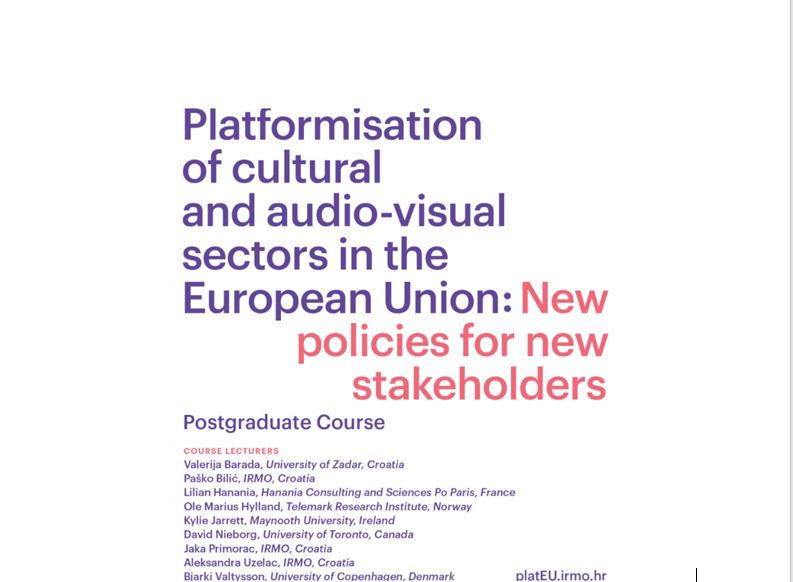
Participation in a postgraduate course at the Inter-University Centre Dubrovnik
Assoc. Prof. Valerija Barada, PhD and Luka Antonina, M.A. took part in a postgraduate course at the Inter-University Centre Dubrovnik, entitled: "Platformisation of Cultural and Audio-visual Sectors in the European Union: New Policies for New Stakeholders" (9-14 May 2022).
Valerija Barada, in addition to being the co-leader of the course, gave a presentation entitled: "Redefining Gendered Labor: Traits of Feminized Work", while Luka Antonina during a PhD session presented his PhD research design entitled: "Film and Social Development: Dynamics of Modernization, Artistic Production and Social Reception within the Field of Film Industry during the SFRY Period ".
The course was held as part of the "European Union Policies and the Platformisation of the Cultural and Audio-visual Sectors" project in which the Department of Sociology is a partner. Lecturers and doctoral students from France, Norway, Ireland, Denmark, Canada, Sweden, Spain, Czech Republic and Croatia participated in the course.
More information on the course and more about the project.
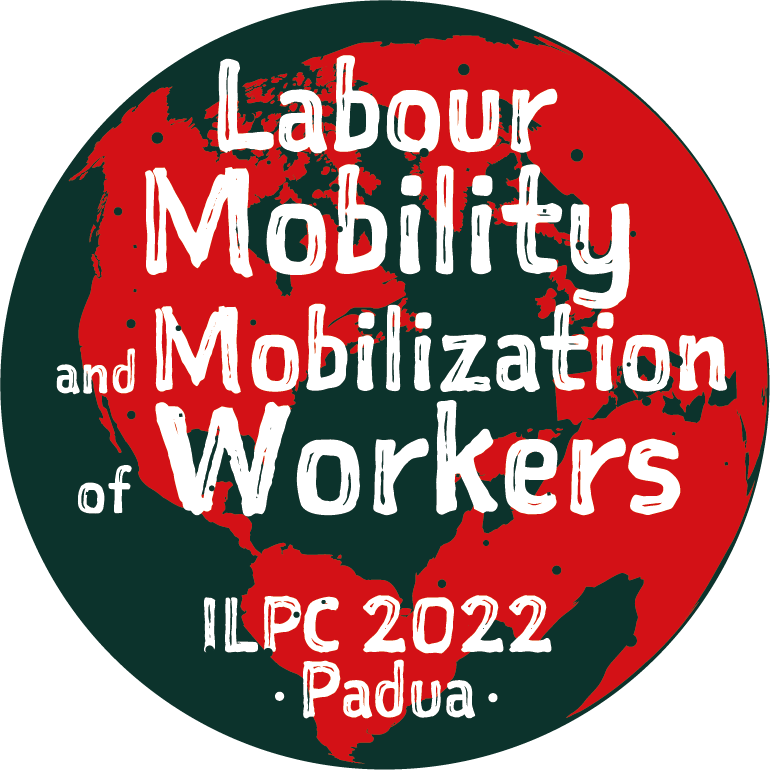
From 21-23 April 2022, Valerija Barada, Ph.D. and Marija Šarić, Ph.D. participated at the International Labour Process Conference: “Labour Mobility and Mobilization of Workers” with a presentation of a paper titled “Neither here nor there: experiences of discontinuity in women’s circular labour migrations“.
Valerija also presented a paper with her co-authors Jasna Račić, mag. soc., Blanka Čop, mag. soc and Sara Čović, mag. soc. titled “Labouring, caring, and family rearing: multiple burdens of employment and housework in Croatia” in which they presented preliminary results of the quantitative research collected within the scope of the project “Impact of public policies on the quality of family and working life and the demographics of Croatia - Spaces of Change”, funded by the European Social Fund.
International Labour Process Conference is organized every year and covers topics from the sociology of work, industrial relations, and labour process. The topic of this year’s conference was focused on the theoretical understanding of labour mobility, labour migrations and the mobilization of workers, as well as the meanings that migrations have for the labour process and the issues concerning work in general. This year the conference was organized for the 40th time, in Padua, Italy, and virtually.
More on this conference can be found on the following links ILPC 2022 i ILPC 2022 1 poveznicama
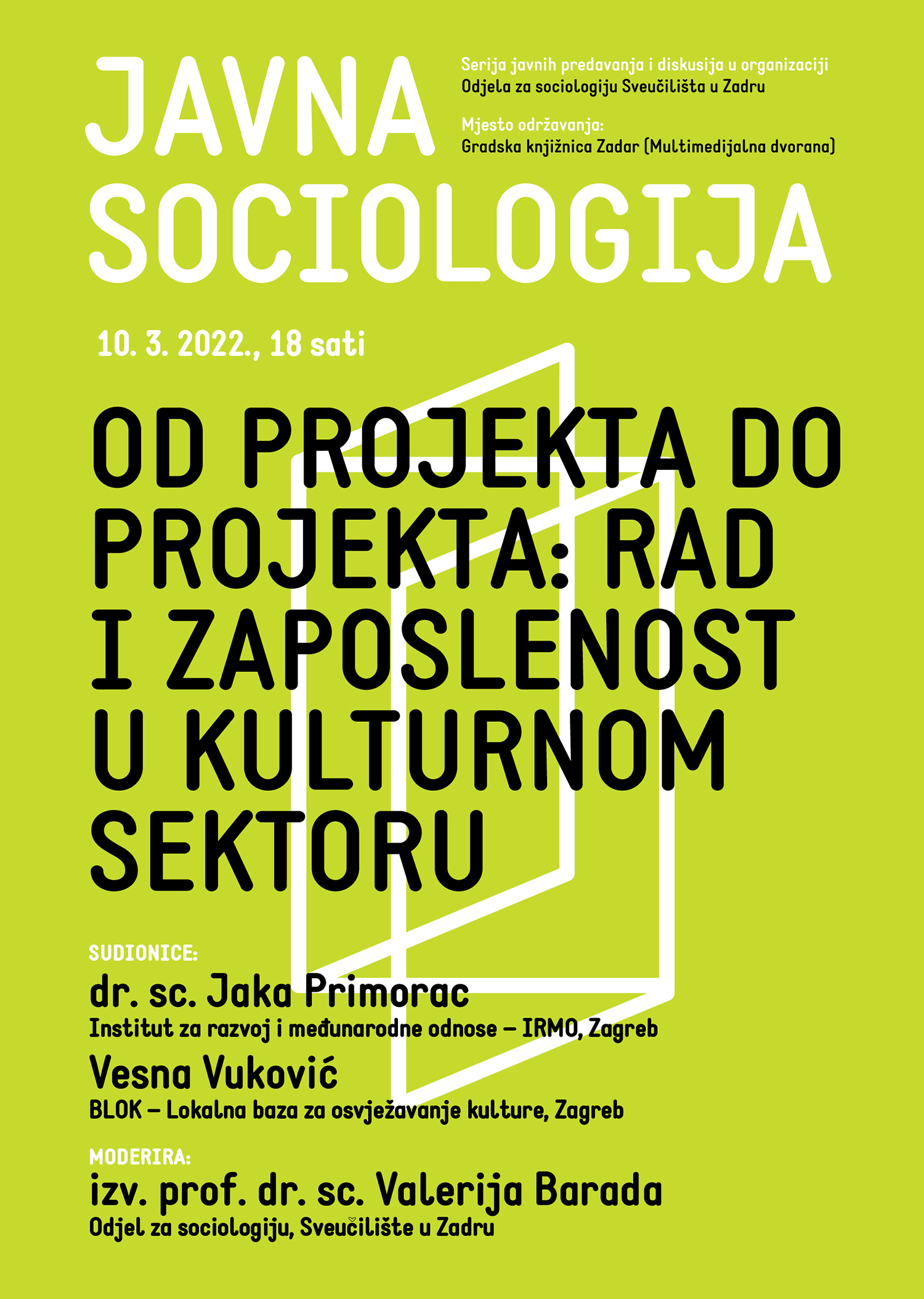
Public Sociology – From Project to Project: Work and Employment in the Cultural Sector
On Thursday, March 10, 2022, the open forum entitled “From Project to Project: Work and Employment in the Cultural Sector” took place in the Multimedia Hall of the Zadar City Library.
The open forum included the presentation of the eponymous study by Jaka Primorac, which was followed by the public discussion on its empirical findings and main theoretical arguments. The focus of discussion was on issues related to public policies within the field of culture in Croatia, and possible guidelines for the future mitigation of the existing issues.
This recently published study by Jaka Primorac analyzes the field of culture from the perspective of work and working conditions of cultural producers. Focusing on the cultural policies framework, the employment structure and the characteristics of work in this sector, the study points to the consequences of the growing ‘projectization’ of cultural production: the growing insecurity and underpayment of a large number of cultural workers and artists economically struggling in the present Croatia.
Consequently, one of the demands put forward in joint discussion with, among others, local cultural actors was for developmental public policies that would enable better working conditions in the field of culture; i.e. those public policies that would recognize culture as a broader social need and thus as a public good.
These issues in their different aspects were discussed by: the author of the study, Jaka Primorac (Department for Culture and Communication, IRMO - The Institute for Development and International Relations, Zagreb), and the publication co-editor (along with Dunja Kučinac), Vesna Vuković (The curatorial collective ‘BLOK’, Zagreb). The open forum presentation and discussion was moderated by the reviewer of the study and head of the Department of Sociology, University of Zadar, Valerija Barada.
The event was held as part of a series of public lectures and open forum discussions ‘Public Sociology’, organized by the Department of Sociology, University of Zadar.
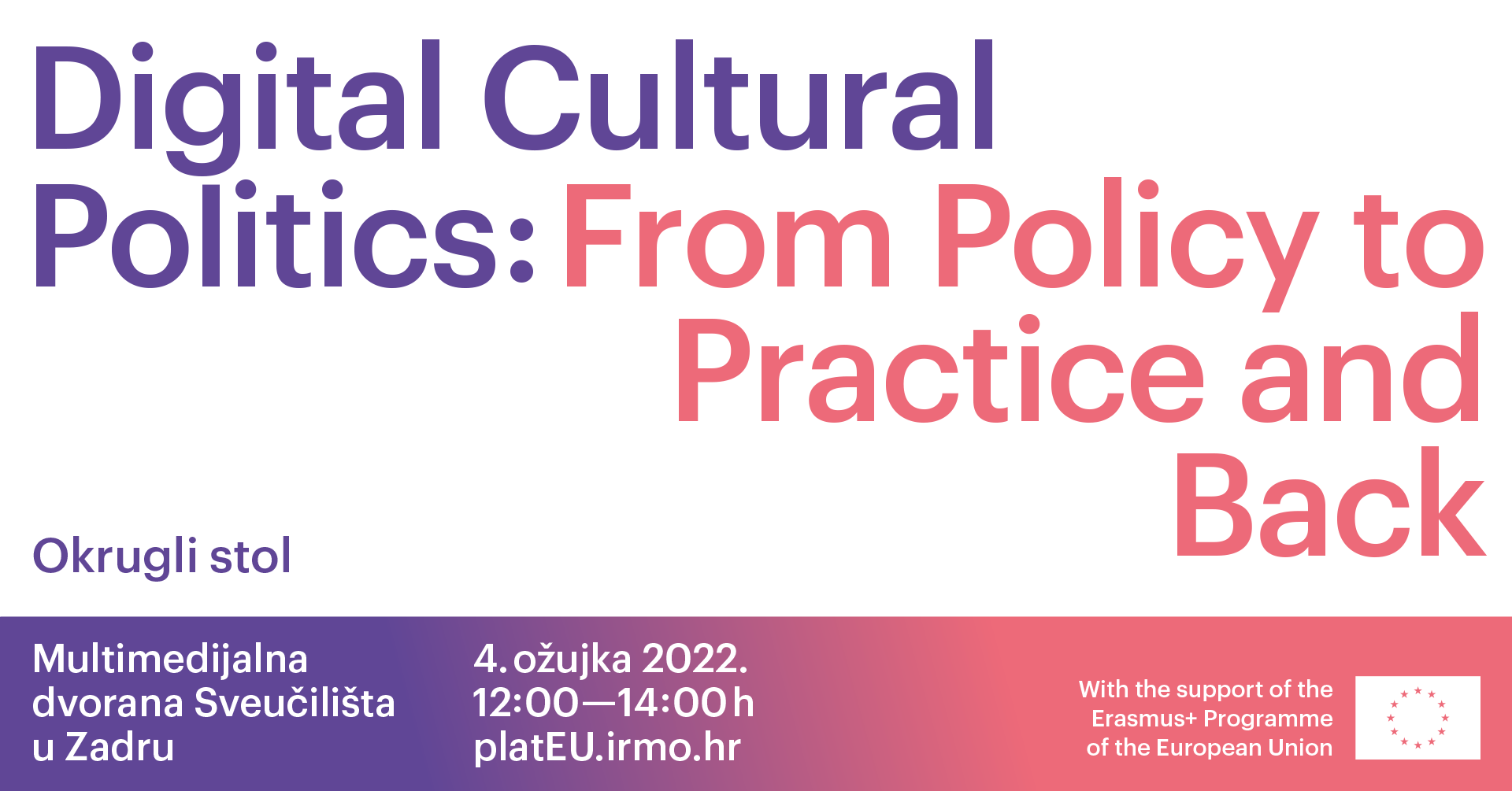
Roundtable “Digital Cultural Politics: From Policy to Practice and Back”
On Friday, March 4, 2022, Department of Sociology, University of Zadar and Croatian Sociological Association Zadar hosted the roundtable discussion entitled 'Digital Cultural Politics: From Policy to Practice and Back'.
Due to their ubiquity, online platforms are increasingly influencing our daily lives. Some theorists thus speak of the rise of ‘the platform society’. Are existing cultural policies able to influence the processes of social and cultural 'digitization' to advance their democratization?
On this subject, as well as on other current issues in the context of growing economic and cultural importance of new digital platforms spoke: Bjarki Valtysson (University of Copenhagen), Aleksandar Brkić (Goldsmiths, University of London), Krešimir Krolo (Department of Sociology, University of Zadar), and Paško Bilić (Department for Culture and Communication, IRMO - The Institute for Development and International Relations, Zagreb).
The roundtable was moderated by Jaka Primorac (IRMO, Zagreb), with an introductory speech on behalf of the Department of Sociology given by Valerija Barada, head of the department and Marija Šarić, president of the Croatian Sociological Association Zadar.
The event was held as part of the project: European Union Policies and the Platformisation of Cultural and Audio-visual Sectors – platEU, within the framework of the Erasmus+ program under the auspices of the European Union.

Published article in Philosophy and Society
Mirko Petrić (Department of Sociology, University of Zadar), in coautorship with Inga Tomić-Koludrović (Institute of social sciences Ivo Pilar - Split), published the article "Bourdieu’s Theorization of Social Capital in the Analysis of South-East European Societies" in the December issue (vol. 32, no. 4, 2021) of the journal Philosophy and Society/Filozofija i društvo. The article is part of the thematic bloc entitled "Pierre Bourdieu: Theory and Public Engagement". It discusses different operationalizations of social capital in Bourdieu-inspired analyses of South-East European societies.
The article can be accessed here.
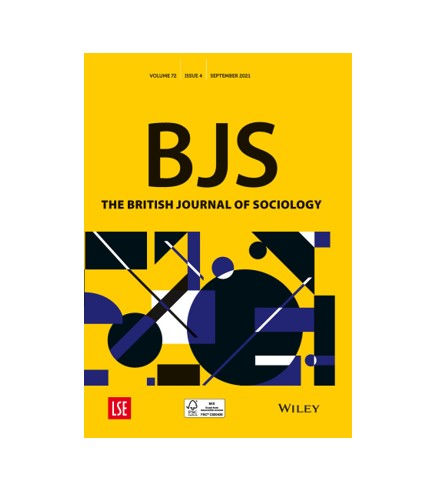
Published article in the British Journal of Sociology
Mirko Petrić and Željka Zdravković (both from Department of Sociology, University of Zadar), in coautorship with Predrag Cvetičanin (University of Niš), Inga Tomić-Koludrović (Institute of social sciences Ivo Pilar - Split) and Adrian Leguina (Loughborough University) published the article "From occupational to existential class: How to analyze class structure in hybrid societies (The case of Serbia)" in the September 2021 issue of the British Journal of Sociology.
The article proposes a model to analyze the class structure of hybrid post-socialist societies in South-East Europe (SEE), using the case of Serbia. It is argued that, in such hybrid societies, social inequalities are generated by several mechanisms of similar strength: exploitative market mechanisms (based on economic capital) and different types of social closure mechanisms (based on political and social capital). Their influences are intertwined and cannot be analytically isolated or reduced to a common foundation. Therefore, occupational class analysis in these societies can have only limited explanatory power.
In an attempt to overcome these challenges, the authors modify the instruments of several established approaches to class analysis. These modifications include: (1) a reconceptualization of Bourdieusian notions of political, social, and cultural capital, (2) a different operationalization of social space, (3) identification of specific mechanisms of generating social inequalities, (4) paying attention to both practical and discursive classifications of lifestyles in the establishment of symbolic boundaries, and (5) relying on differential association analysis for identifying class boundaries. The result of the analysis is a model that enables studying general social inequality, that is, generalized social advantage/disadvantage, in post-socialist societies in South-East Europe.
The article can be accessed here.
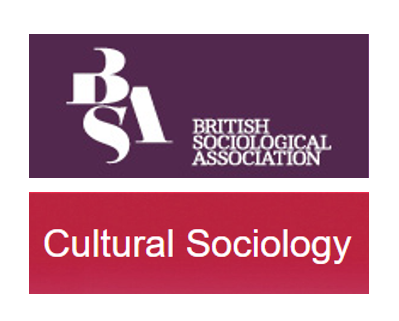
Published article in the Cultural sociology journal
Doc.dr.sc. Sven Marcelić, izv.prof.dr.sc. Željka Tonković, and doc.dr.sc. Krešimir Krolo published the article “Banal Cosmopolitanism? Values and Cultural Repertoires of Youth in Adriatic Croatia” in the Cultural Sociology journal of the British Sociological Association. The topic of the article is the relationship between values and cultural taste and practice, and three types of value-cultural orientations are presented: modern, transitional and traditional. It is shown that modern values are better connected with foreign cultural contents and legitimized culture, while traditional values are connected with domestic culture and traditional cultural contents.
The article is available here

Mr. sc. Mirko Petrić elected as a board member of ESA Sociology of Culture research network
Mr. sc. Mirko Petrić has been elected as a board member of the European Sociological Association's Research Network for Sociology of Culture (ESA RN07), for the period 2021-2023. The elections were held on September 2nd, 2021, during the 15th European Sociological Association’s conference, entitled Sociological Knowledge for Alternative Futures.
Within ESA RN07 sessions, mr. sc. Mirko Petrić has held a conference presentation on “Exploratory research and cultural policy: Towards a Bottom-up understanding of culture in Croatia”, co-authored by Augustin Derado, mag. soc. The presentation, delivered on September 1st, was based on the results of empirical research carried out within the Horizon 2020 project European Inventory of Societal Values of Culture as a Basis for Inclusive Cultural Policies – INVENT (Grant ID: 870691).
Within ESA RN13 sessions, devoted to sociology of family and intimate lives, Mr. sc. Mirko Petrić co-authored (with Augustin Derado, mag. soc., and Prof. dr. sc. Inga Tomić-Koludrović) a presentation entitled “Gender inequality and social inequality: The class dimension of division of housework in Croatia”. This presentation, delivered on September 3rd, was based on mixed methods research carried out within the research project Relational Gender Identities in Croatia: Modernization and Development Perspectives – GENMOD (HRZZ-IP-2016-06-6010), funded by the Croatian Science Foundation

Presentation at the European Sociological Association Conference
Marija Šarić, MA and Valerija Barada, PhD presented a paper titled “Bi-local labouring of women: low-skilled circular labour migration as employment strategy” at the 15th European Sociological Association Conference „Sociological Knowledges for Alternative Futures“. The presentation was held within the Labour mobility session of the ESA's Work, Employment and Industrial Relations research network. The conference was organized in Barcelona and online due to the COVID pandemic in the period from 31 Aug – 3 Sept 2021.
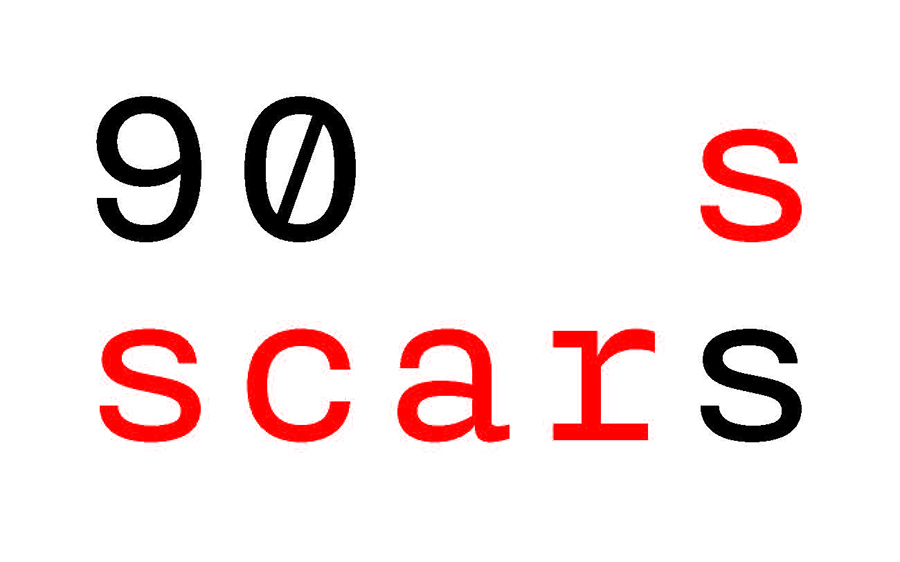
International conference: 90s Scars
On July 10 2021, Dr Željka Tonković in coauthorship with Sanja Sekelj (Institute of Art History, Zagreb) presented a paper entitled “From Cultural Narratives to Social Structure: A Qualitative Structural Analysis of the Soros Network in Croatia” at the international conference “Scars: Reflections on Art and Society in Central-East Europe in the 1990s”. The conference was organized by the Institute of Art History, Zagreb and the Institute for Contemporary Art, Zagreb. It was meant to take place in Rijeka in 2020 as a part of Rijeka 2020 – European Capital of Culture but due to the COVID-19 pandemic, it was realized online in July 2021. You can read more about this conference here.
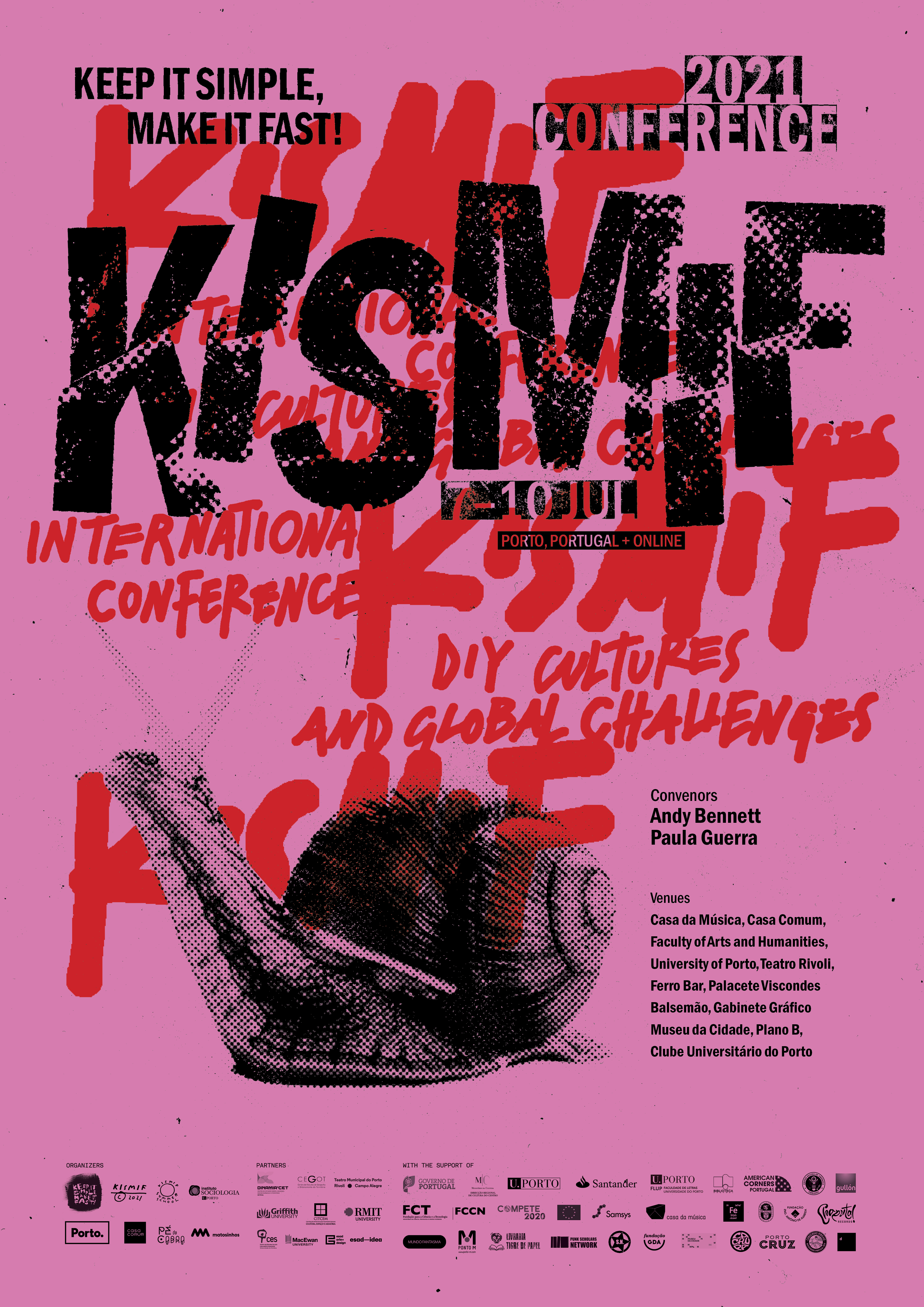
Independent Cultural Scene as an Actor of Urban Changes
On July 9 2021 Dr Željka Tonković in coauthorship with Hrvoje Pašalić presented a paper entitled “Independent Cultural Scene as an Actor of Changes in the Urban Space: The Example of Zadar” at the international conference “KISMIF 2021. Keep It Simple, Make it Fast! DIY Cultures and Global Challenges” (Porto, 7-10 July 2021). The conference was organized by the University of Porto. More information available here.
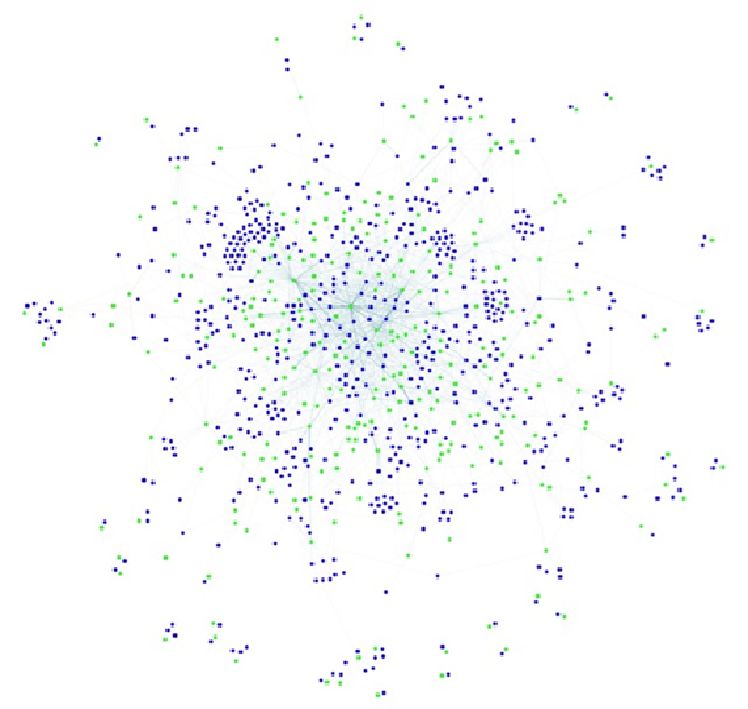
Historical Network Analysis
On July 2 2021 Dr Željka Tonković in coauthorship with Sanja Sekelj (Institute of Art History, Zagreb) presented a paper entitled “Structure, culture and agency – the position of Soros’ organizations in the Croatian institutional landscape” at the international conference “Historical Networks – Réseaux Historiques – Historische Netzwerke” (June 30 – July 2 2021). The conference was organized by the Historical Network Research group and Réseaux et Histoire. Due to the COVID-19 pandemic, it was organized online. You can read more about this conference here.
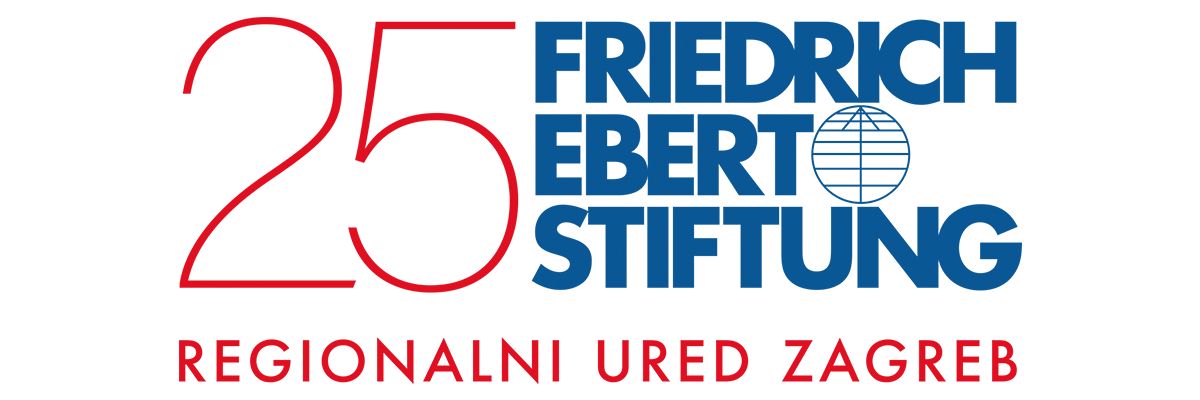
Dr Karin Doolan has edited the publication "(In)equalities in Croatia. Insights into inequalities in Croatian society to mark 25 years of the Friedrich Ebert Foundation Zagreb" and in co-authorship with Dr Željka Tonković has contributed a chapter entitled "What class analysis tells us about inequalities in Croatian society?". A discussion on issues raised in the publication was organized in Zagreb on June 17 2021. For more information please see: https://croatia.fes.de/25-godina-fes-hrvatska

Dr Željka Tonković and Dr Karin Doolan have published their article "Convergences and divergences of a Bourdieusian and occupation-based approach to social class: evidence from Croatia" in the journal of the European sociological association European Societies. The article is a contribution to thinking through different approaches to class analysis and class stratification in Croatian society and is based on data collected as part of the project Social stratification in Croatia: structural and subjective aspects co-funded by the Croatian Science Foundation. For more information please see:

Sociological Forum: Methodology workshop
Sociological Forum: Methodology workshop - research intersection of work and gender was held at Department of sociology on 24. 6. 2021. and 25. 6. 2021. in Zadar. Introductury lectures were held by dr. sc. Teo Matković i Katarina Jaklin, mag. soc. from Institute of social research in Zagreb, while academic staff and PhD candidates from The International joint degree doctoral programme in the Sociology of regional and local development participated in the discussion. The workshop concentrated on data obtained from two recent surveys: "Work Fit for People" and "The social resilience of Croatian society in the midst and aftermath of the COVID-19 pandemic (SOCRES)".
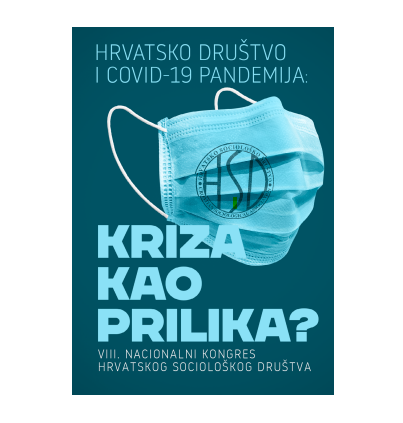
Saša Božić, PhD along with Simona Kuti, PhD participated on VIII National Congress of the Croatian Sociological Association, Hrvatsko društvo i COVID-19 pandemija: kriza kao prilika? /Croatian Society and COVID-19 Pandemic: Crisis as an Opportunity/ 20-21 May 2021, online conference "Rekonfiguracija društvenog prostora nakon pandemije bolesti COVID-19: globalizacija-deglobalizacija ili višerazinska kompleksnost?"/Reconfiguration of Societal Space after COVID-19 pandemic: Globalisation-Deglobalisation or Multilevel Complexity?.
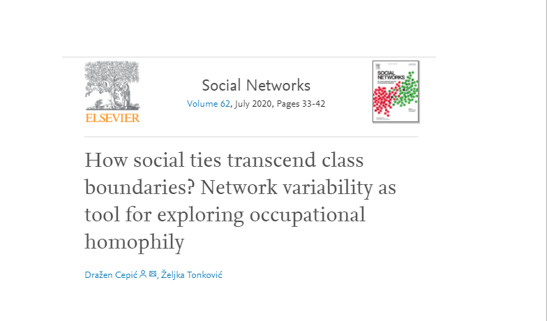
The project "Social stratification in Croatia: structural and subjective aspects" has finished
The project "Social stratification in Croatia: structural and subjective aspects" was a three-year project co-funded by the Croatian Science Foundation and the University of Zadar which formally ended in December 2020. The general objective of the project was to contribute to reviving class analysis in Croatia, both theoretically and empirically, since there had been a gap in this research field in Croatia since the late 1980s.
The approach to social class analysis advanced in the project was inspired by Bourdieu’s work on social inequalities, particularly in “La Distinction” (1979) and “Weight of the World: Social Suffering in Contemporary Society” (1993). It is argued that his approach, which maps and explores class divisions based on the distribution of economic, cultural and social capital, gives a more multi-dimensional understanding of social hierarchy than studies which focus only on the occupational and property dimensions of class. However, as part of the project a bourdieusian approach was compared and contrasted with other traditions of class analysis, acknowledging the richness of contemporary approaches to class including neo-Marxist and neo-Weberian approaches, as well as more micro approaches in class analysis including, for example, research on the “psychic economy of class” (Reay, 2005).
A mixed methods study was conducted as part of the project including questionnaire data on people’s economic, cultural and social capital, as well as occupation and labour conditions, which was collected from a nationally representative sample of people living in Croatia. In addition, over 70 interviews were conducted with a purposive sample of women and men living in different regions of Croatia and occupying different class locations. The purpose of the interviews was to explore how class works biographically, both in terms of self-identification, everyday practices and at times of crisis since a particular objective of the project was to identify the ways in which people occupying different class locations deal with disasters such as floods. Two ethnographic studies, one in a soup kitchen and another in a charity organization, were also conducted in order to explore the class dimension of charitable giving and receiving.
The results of the project have been of interest to scholars engaged in class analysis, policy makers and civil society organisations engaging in social justice agendas.
More information about the project including publications is available at:
https://sites.google.com/view/socstrathr/publikacije
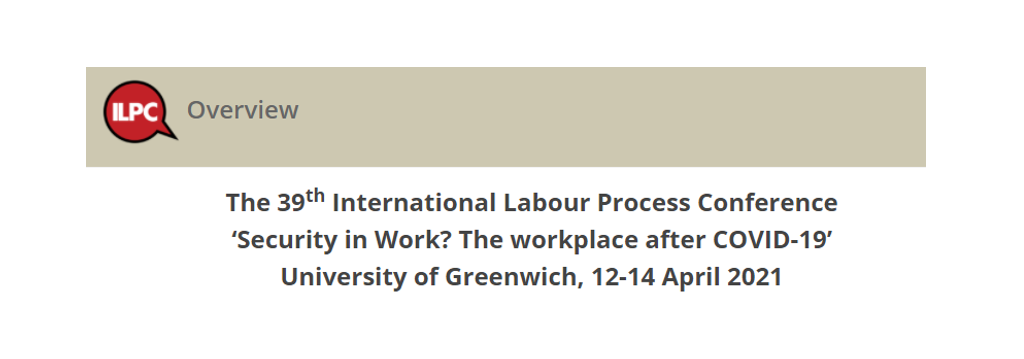
Valerija Barada, Ph.D. and Marija Šarić, mag. soc. participated in the 39th International Labour Process Conference “Security in Work? The workplace after COVID-19”
Together they presented a paper titled “Olders caring for the elderly: circular migration of older women as an alternative strategy to unemployment or retirement“.
With co-atuhors Ivana Jugović, Ph.D. from the Institute of social research in Zagreb and Jaka Primorac, Ph.D. from The Institute for Development and International Relations, Valerija presented another paper titles „Employment and class do not matter. Gender Differences in Housework and Care Work in Croatia“.
International Labour Process Conference is organized every year and covers topics from the sociology of work, industrial relations and labour process. This year it was organized at the University of Greenwich, London, from 12.-14. April 2021., but was organized virtually due to the COVID-19 pandemic.
More on this conference can be found on the link: https://www.ilpc.org.uk/ILPC-2021/Overview
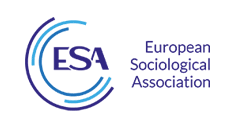
Presentations at the 8th mid-term conference of the ESA Sociology of Culture research network (RN7)
Krešimir Krolo, Sven Marcelić, Željka Tonković and Mirko Petrić presented at the 8th mid-term conference "En-Compass-ing Culture(s): Beyond East/West and South/North" of the European Sociological Association's Sociology of Culture research network (RN7) (10-12 March 2021, Helsinki, Finland).
Doc. dr. sc. Krešimir Krolo, doc. dr. sc. Sven Marcelić and doc. dr. sc. Željka Tonković presented three papers in co-autorship: Value orientations of Croatian youth as a predictor in taste of television genres; Banal cosmopolitanism? What values have to do with cultural practices and taste; Between global and local: Cultural map of Croatian urban youth. Their presentations resulted from the empirical research on cultural consumption and values of youth in major cities of Adriatic Croatia. Findings from this research have been recently published in a book Classical music, punk and "cajke": Cultural capital and youth values in cities on the Adriatic coast (in Croatian) and The great divide? Cultural capital as a predictor of television preferences among Croatian youth (Poetics, 2020, doi:10.1016/j.poetic.2019.101400.
Mr. sc. Mirko Petrić, in coauthorship with prof. dr. sc. Inga Tomić Koludrović and Filip Užarević, Ph.D., presented a papet entitled "Gender and Modernity: Cultural Consumption of Men and Women in Croatia". The presentation was based on the results of empirical research carried out within the Croatian Science Foundation funded project Relational Gender Identities in Croatia: Modernization and Development Perspectives" (GENMOD, HRZZ-IP-2016-06-6010).
Conference programme is available here. https://www2.helsinki.fi/en/conferences/encompassing-cultures
